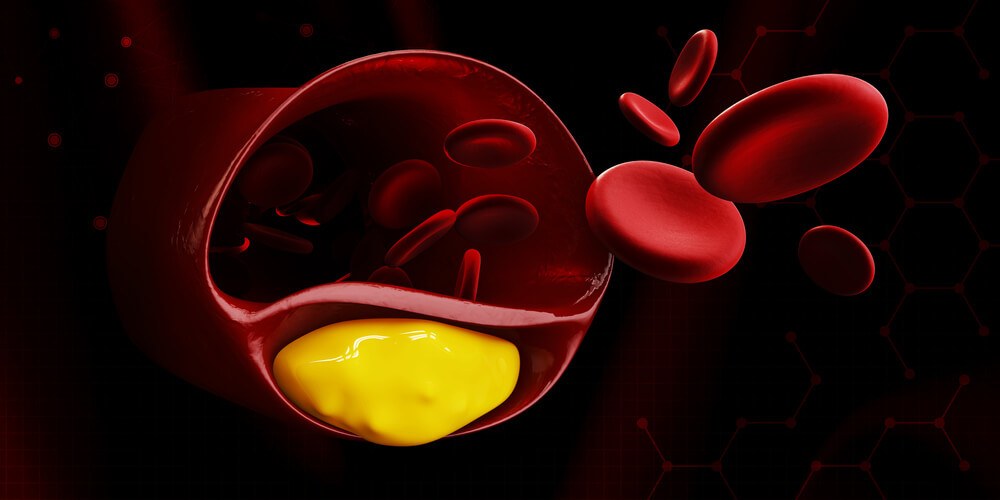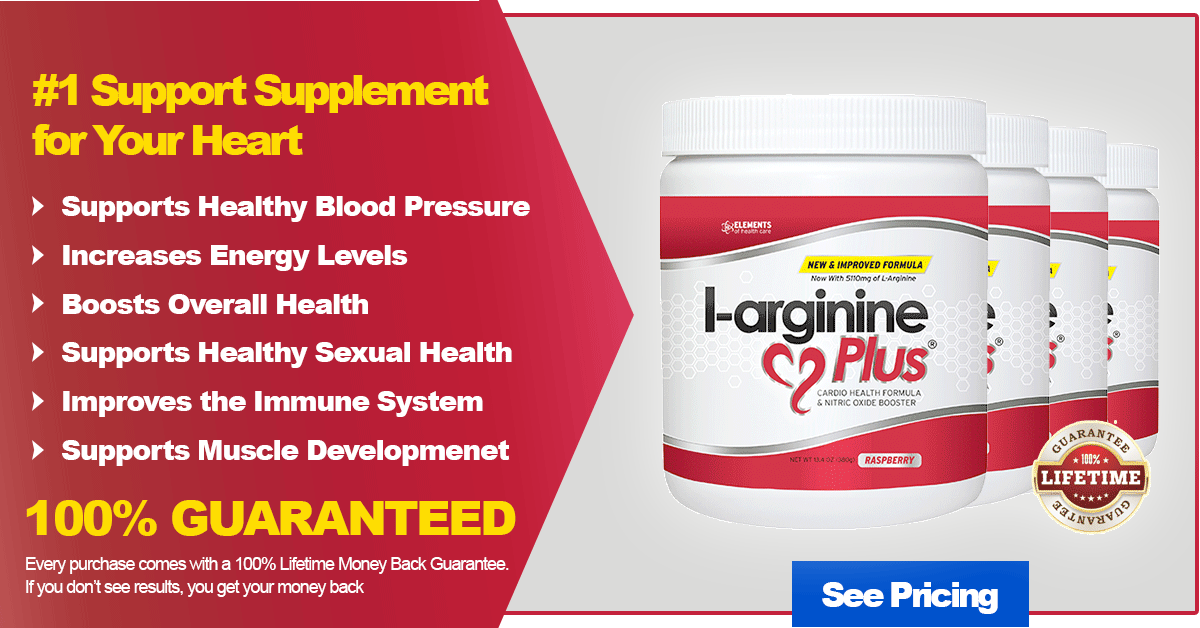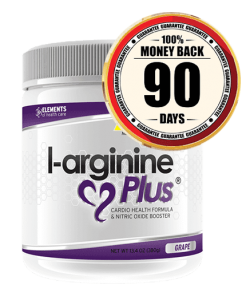According to the Centers for Disease Control (CDC), over 31 percent of Americans have high LDL cholesterol. You may not know you have high cholesterol because there are no noticeable symptoms.
Cholesterol is necessary for your body to function properly as your body uses it to make hormones and vitamin D, and support digestion. Your liver alone generates enough cholesterol to handle these tasks.
Related: Learn More about L-arginine Plus and What it Can Do for Your Cholesterol
However, meat, poultry, and dairy products also contain additional cholesterol. Consequently, you may be getting too much additional cholesterol from your diet. When your cholesterol levels get too high, fatty deposits can accumulate in blood vessels, which causes them to narrow. This narrowing of the blood vessels can lead to a heart attack, coronary artery disease or stroke.
What is the difference between HDL vs LDL cholesterol?
There are two main types of cholesterol: high-density lipoprotein (HDL) and low-density lipoprotein (LDL). Lipoproteins are composed of fat and protein with cholesterol moving through your body while inside lipoproteins.
HDL is “good cholesterol” because it transports cholesterol to your liver to be expelled from your body thus ridding your body of excess cholesterol. Therefore, it is less likely to end up in your arteries. HDL prevents the buildup of plaque, protects your arteries, thereby protecting you from atherosclerotic cardiovascular disease. The higher your HDL cholesterol numbers, the lower your risk is for heart disease, vascular disease, and stroke.
LDL is known as “bad” cholesterol. It carries cholesterol to your arteries, where it may collect in the vessel walls and form plaque resulting in atherosclerosis. This can also lead to decreased blood flow to the heart muscle (coronary artery disease), leg muscles (peripheral artery disease), or an abrupt closure of an artery in the heart or brain, leading to blood clots and a possible heart attack or stroke. Plaque buildup may also reduce blood flow and oxygen to major organs. Oxygen deprivation to your organs or arteries may lead to kidney disease or peripheral arterial disease, in addition to a heart attack or stroke.
What do the HDL and LDL numbers mean?
Your total cholesterol is the sum of the fats in your blood, which includes the LDL and HDL cholesterols. This number can give you an indication of your risk factors for developing serious cardiovascular issues. More importantly, the amounts of each type of cholesterol are a better predictor of risk than the total amount.
Results from getting your cholesterol checked will include:
- Total blood cholesterol: This includes your HDL, LDL, and 20 percent of your total triglycerides.
- Triglycerides: This number should be below 150 mg/dL.
- HDL: The higher this number, the better. It should be at least higher than 55 mg/dL for females and 45 mg/dL for males.
- LDL: The lower this number, the better. It should be no more than 130 mg/dL if you don’t have heart disease, blood vessel disease, or diabetes. It should be no more than 100 mg/dL if you have any of those conditions or high total cholesterol.
If you don’t know your cholesterol levels, please get tested as soon as possible. In the meantime, it’s never too late to adopt a heart-healthy diet and lifestyle.
Discover the Benefits of L-arginine Plus for Your Cholesterol
L-arginine Plus is a powerful supplement to help with cholesterol. Each serving of L-arginine Plus includes the key amino acids l-arginine and l-citrulline. These key ingredients increase nitric oxide in the body. Nitric oxide is a key molecule the body uses to widen the blood vessels. By opening the blood vessels, L-arginine Plus helps your good cholesterol and supports better overall cholesterol.
Folka have seen great results when it comes to their cholesterol along with their blood pressure and blood flow. L-arginine Plus supports a healthy heart and provides results quickly. To learn more bout how L-arginine Plus can help with Cholesterol, visit here.



